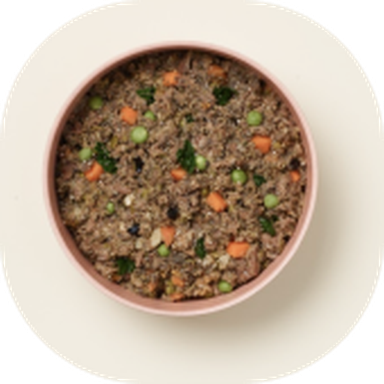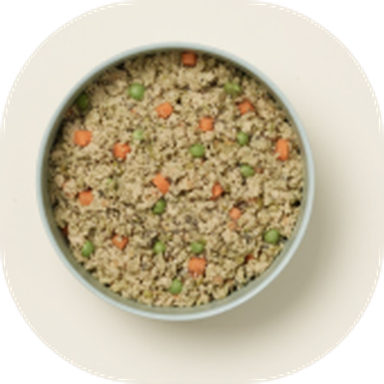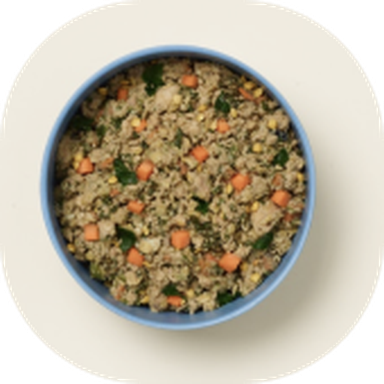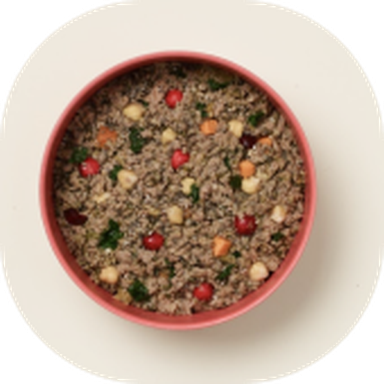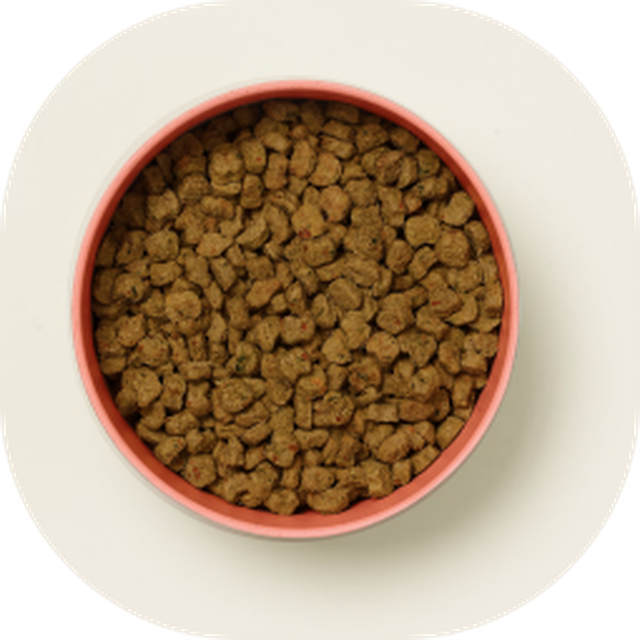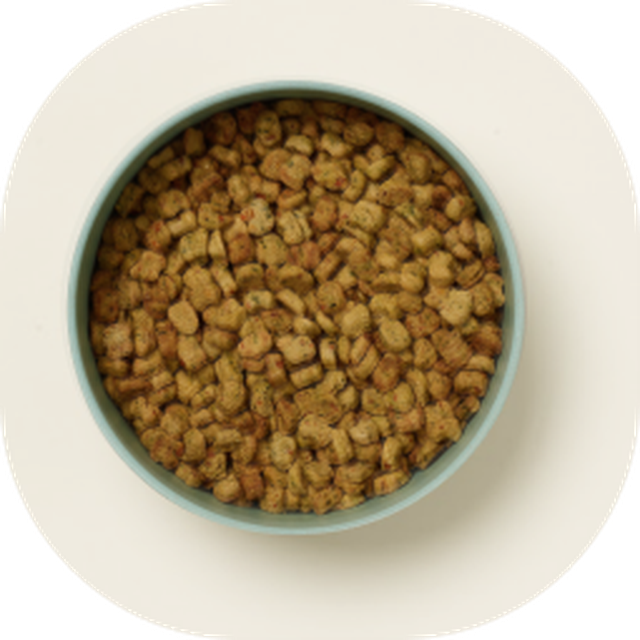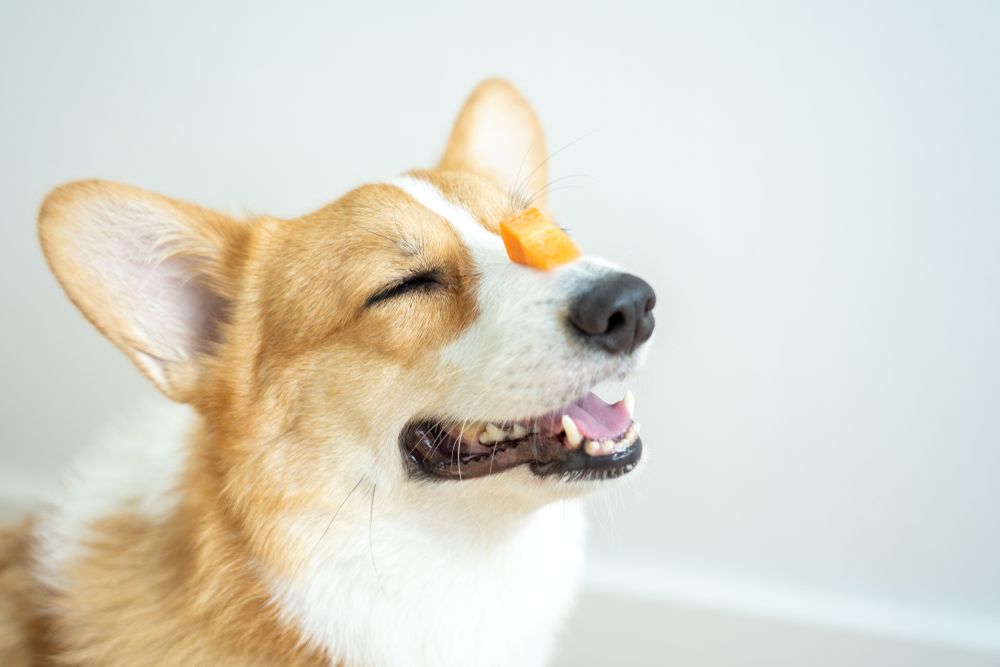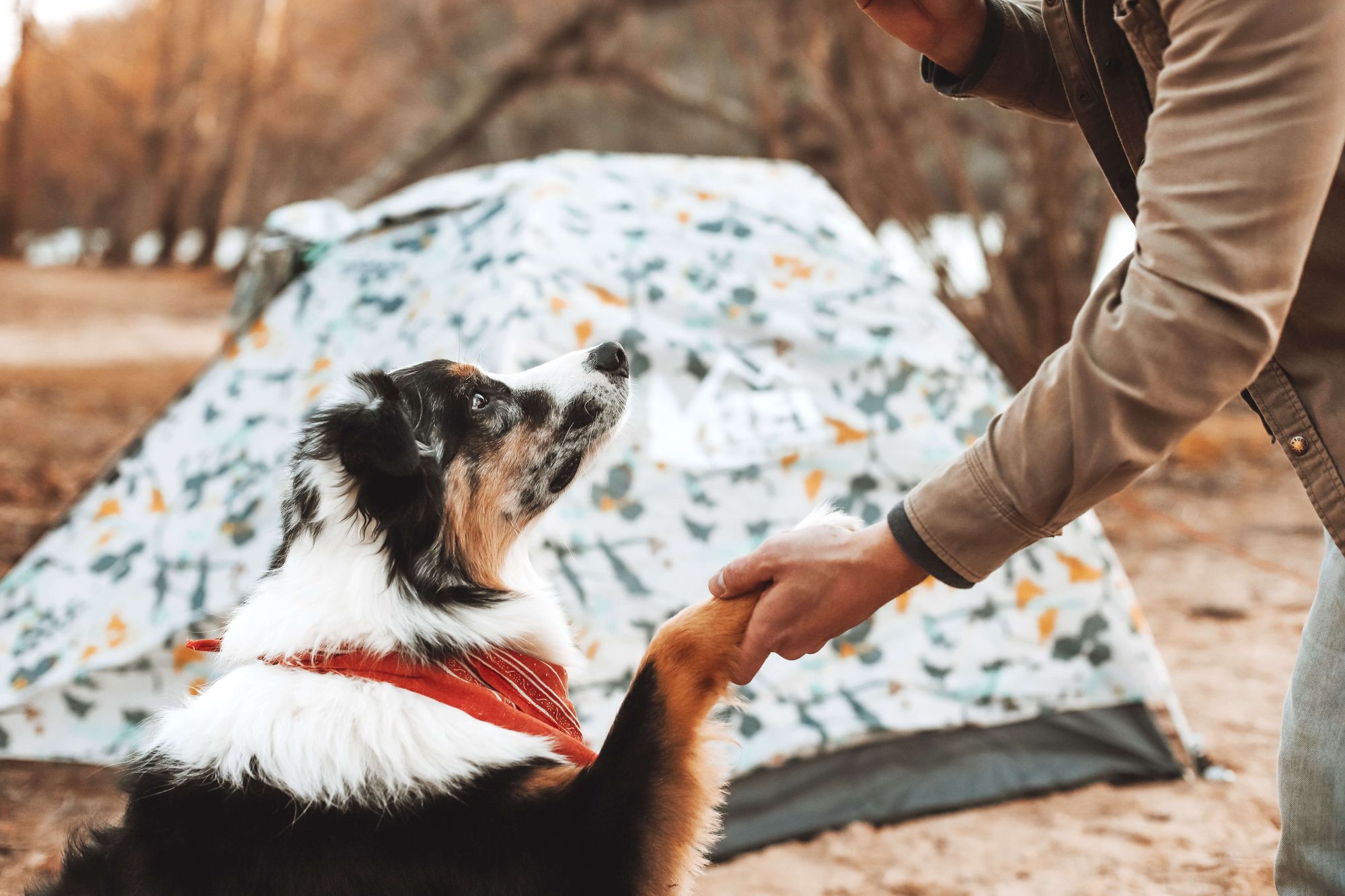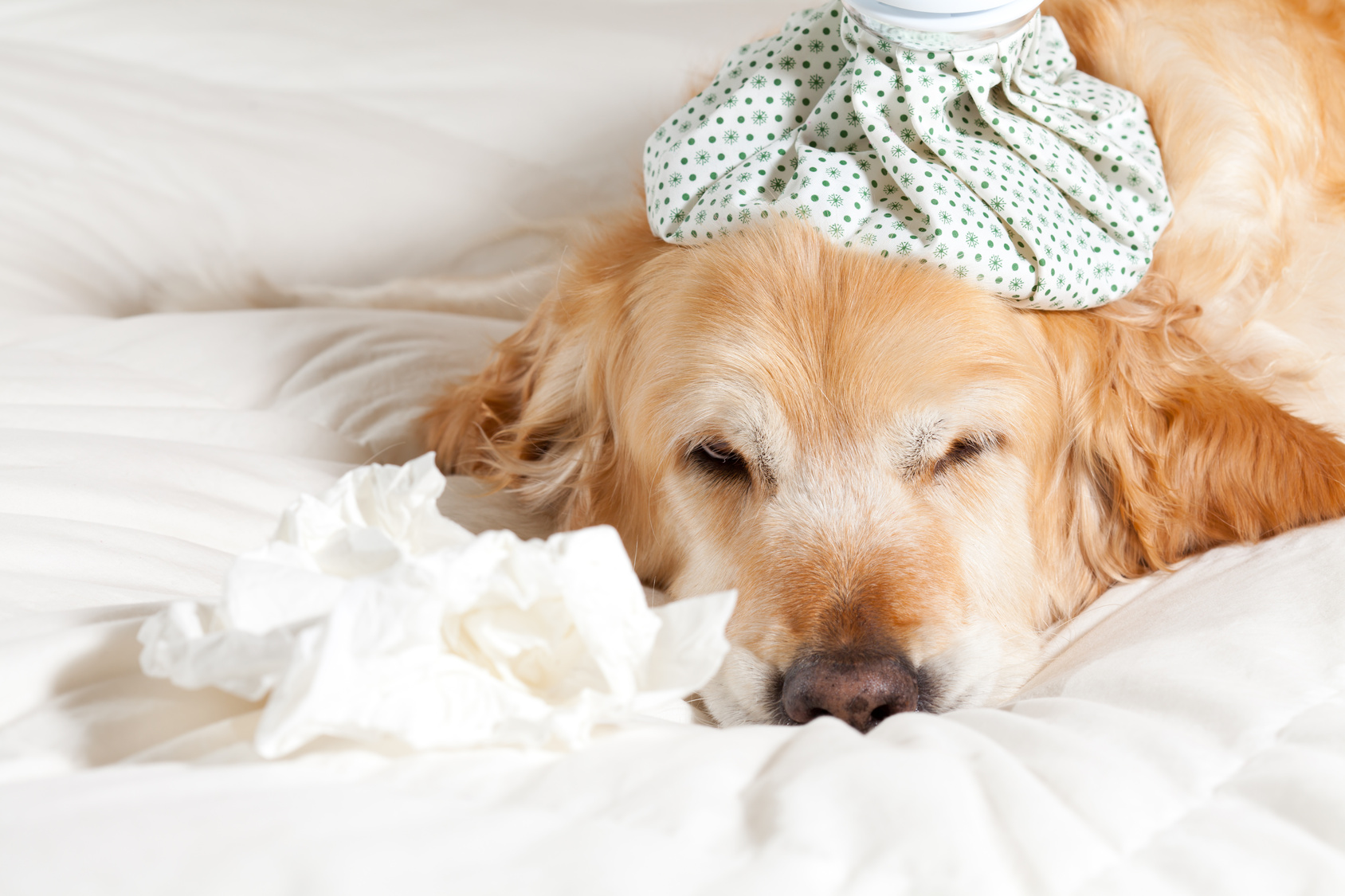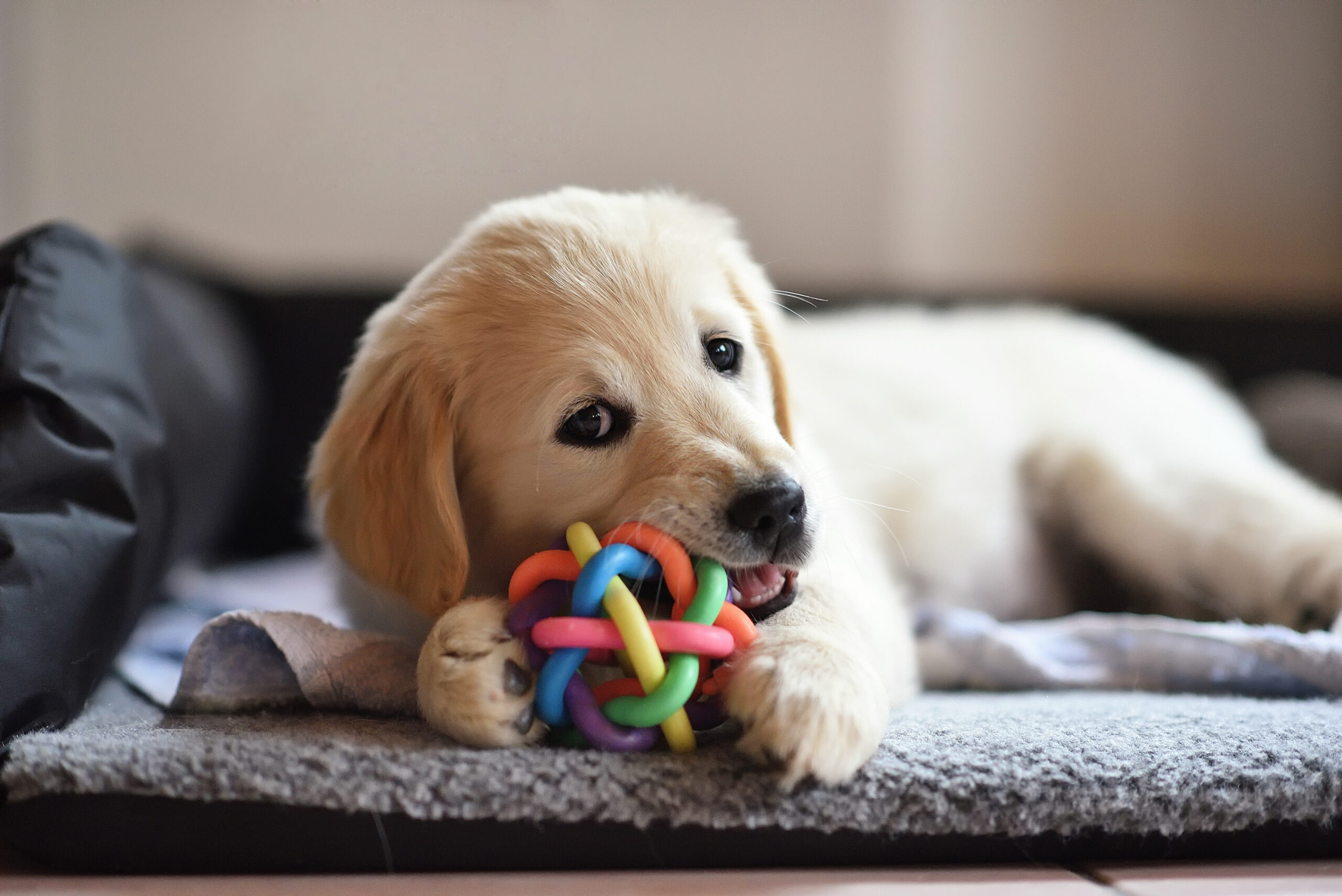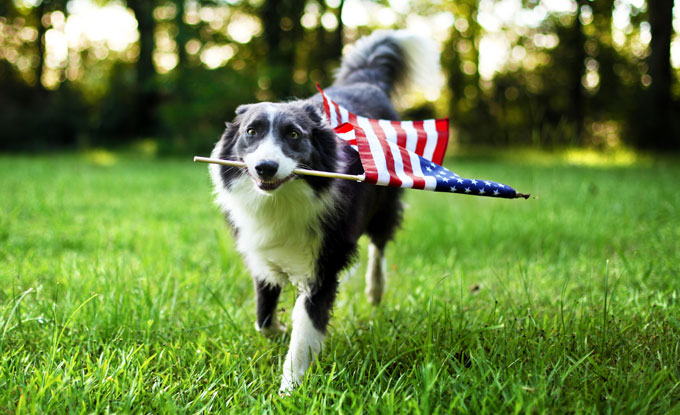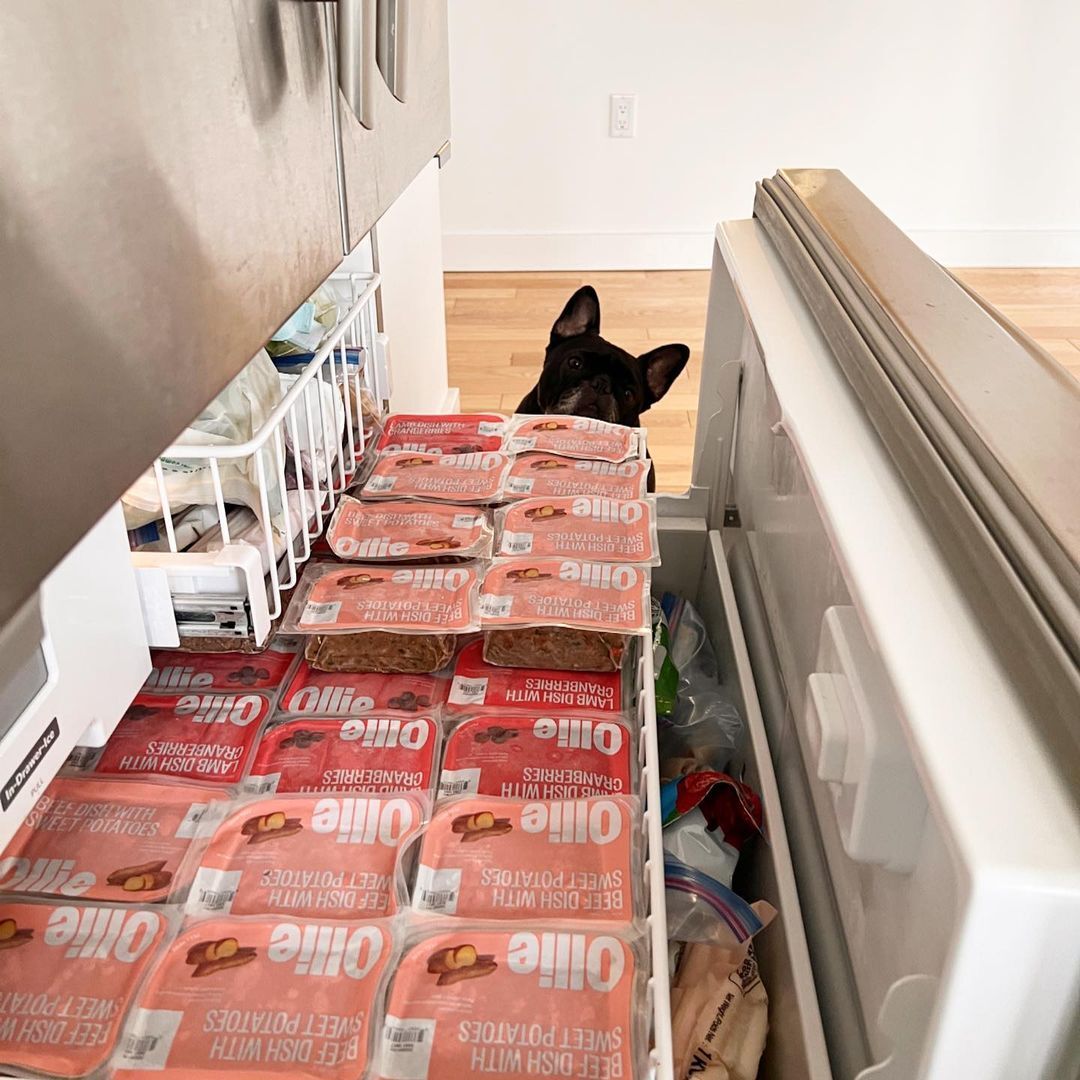Hey Ollie blog readers! We’re offering you an exclusive 60% OFF your starter box! Try now!
Is your dog the type who lives to eat? Having a food-motivated dog has many advantages when it comes to training. These dogs can be easy to engage and reward for a job well done. Even if your dog will do anything for a treat, mindlessly tossing out biscuits for every sit and down your dog offers isn’t going to be good for their mental or physical health. We rounded up some of our best tips for training your food motivated dog to keep them both engaged and healthy!
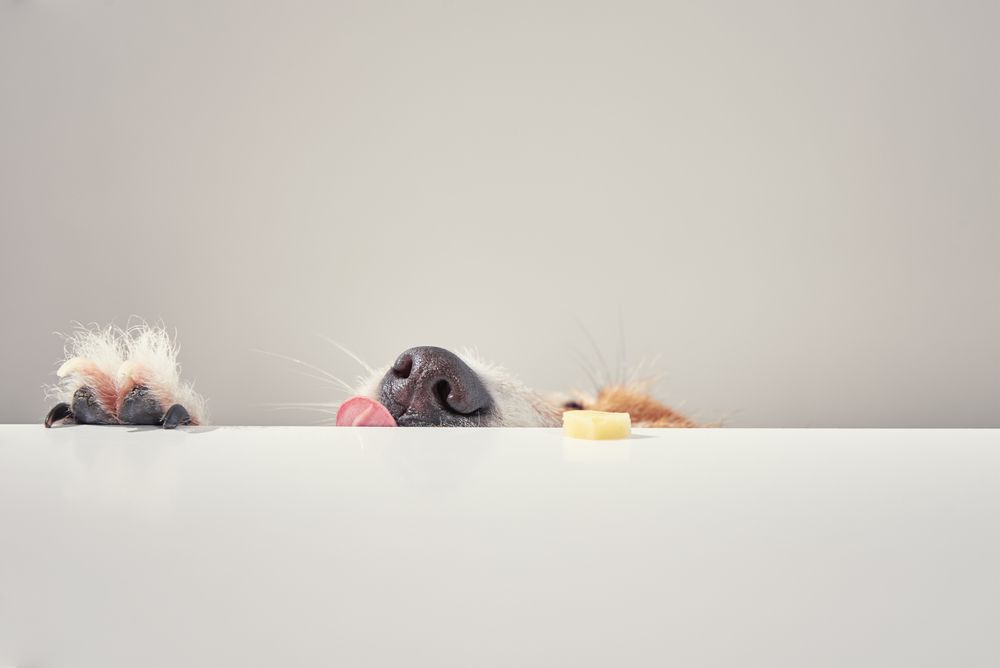
Use a variety of foods
While you might think you can use any old treat to train your food motivated dog, this is likely not the case. If you compare food for your dog, to cash compensation for you, it might take more money to convince you to go to work every day than $5/hour. The same is true for your dog. Being asked to perform a trick or task (or stop doing something) for a piece of dried up kibble may not be as appealing as performing the same trick or task for a piece of cheese or some peanut butter. Since it’s not a good idea to feed your dog peanut butter all day every day, you’ll want to reserve these higher value rewards for the most important things you want to reinforce with your dog. For example, recall (having your dog come to you when they’re called) can be life saving in an emergency. If your dog gets off their leash or wanders too far on the trail, you want to know your dog will reliably come back to your when they are called. This is why pairing that recall cue with the highest value treat possible is important. And when it comes to this high value treat, your dog will decide what they value most, not you.
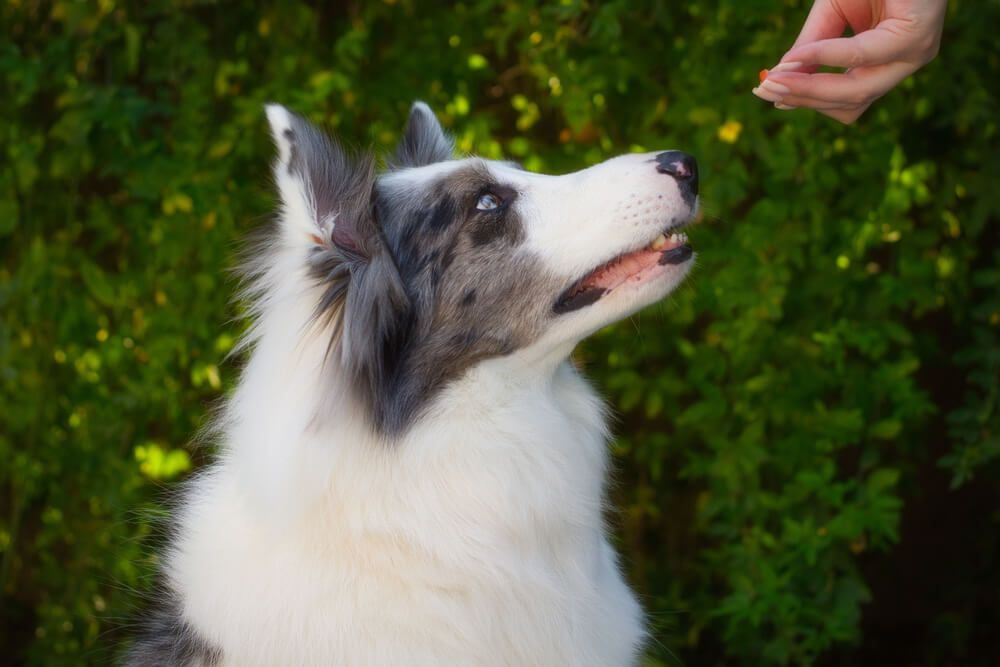
Keep treats in your pockets and in places around the house
When training, its important to be consistent about using rewards. This does not mean you’re feeding your dog every minute of every day, but if you do catch them doing a behavior you want to reward, you can’t do that if the treats are too far away. This is why it’s a good idea to keep treats in every room of the house and in your pockets and training pouches. If everything is always stocked and ready to go, any time can be training and learning time!
Adjust your dog’s meals so they aren’t getting too much food
If you have a food motivated dog, you might feel like you’re burning through bags of treats. If this is the case, you want to look at your dog’s overall nutrition. General guidance is that treats should only be about 10% (or less) of your dog’s diet. Any more and you’re risking things like nutritional imbalances or weight gain. A few (occasional) overindulgences aren’t a big deal but if you’re using a lot of treats, you’ll need to make some changes to your dog’s diet. Try looking at your dog’s nutritional needs and determine how you can use food as a reward. Maybe use fresh food like Ollie in your training sessions as it’s both delicious and nutritious. You can also use things like fresh fruit and vegetables and lean proteins like chicken or fish as a treat – you’re not limited to just bags of processed biscuits. You can also chat with your vet to create a diet that works for your pup and allows you to freely use food as a reward without negatively impacting their health.
Don’t withhold food for training sessions that didn’t go according to plan
No matter how your training sessions go, you should never withhold food as a punishment. Your dog needs adequate nutrition no matter what. While having a training session with food immediately after breakfast may not be the best time to work, you should not make your dog earn every morsel of food they eat.
If your dog is having an off day or doesn’t want to train, that’s okay. Try to end the session on a positive note and make sure your dog gets enough to eat at mealtimes. You probably don’t do your best focusing when you’re starving and neither will your dog.
Understand the difference between a bribe and a reward
If you have a very food motivated dog, you might be concerned that you’ll always need to use food any time you want your dog to do what you ask. This simply isn’t true, there is a difference between using food as a bribe and a reward. A bribe comes first, before the behavior. So, if you’re always holding up a piece of hot dog and telling your dog sit, this is essentially a bribe. On the other hand, a reward is offered after the behavior. “It’s an important distinction, because "bribing" is not an effective way to train, but rewarding/reinforcing is. If you bribe, your dog will only perform the behavior if there’s a piece of food in front of him first. If you reward, then your dog will perform the behavior in hopes of earning that piece of food. And after the learning phase, when that behavior is fluent you can start to phase out the food rewards.” says the Pet Professional Guild.
Training with your dog and learning together will help you deepen your relationship and grow a lifelong bond. Even if your dog is super food motivated remember to use other rewards – these can include attention and praise as well.
The Ollie blog is devoted to helping pet parents lead healthier lives with their pups. If you want to learn more about our fresh, human-grade food, check out MyOllie.com.
Tagged As:

The nutrition your dog needs,
the food they want.

Enjoying our articles? Subscribe our Newsletters and get new articles directly to your inbox
You might also like
20 June 2024
9 MINS READ
Owner Guide: New Puppy Checklist
Welcoming a new puppy into your life and home is an exciting time filled with “firsts,” but this magical time also requires careful planning to ensure a positive transition for your pup. Prepa…
by Ollie Pets
22 June 2023
6 MINS READ
Why Are Dogs Scared of Fireworks? How to Help Your Dog Cope With Fireworks Anxiety
Fireworks may be summer’s soundtrack, but these loud and sudden noises signal terror for many noise-sensitive pups. Learn why dogs become so rattled by fireworks and how you can help your pup fee…
4 March 2023
2 MINS READ
Tips for Organizing Your Ollie
Keep your pup’s mealtime routine neat and tidy with these organizing tips and tricks from the Ollie pack.
by Ollie Pets
